Justine Bunger and Erin Davis co-leading at Foundations of Coaching (E20) in Phoenix, AZ.
Create Courageously
This month we’ve been focusing our attention on assessment. At our Co-Lab Conference call in February, we had discussion and learning around this theme with lots of great resources and take-aways shared.
Here are some suggestions from your fellow LSCCs on assessments to consider adding to your practice:
Languages of Appreciation
Barrett Personal Values Index
Kolbe A Index
VIA Character Strenghts
Gallup Strengthsfinder
The RHETI (for Enneagram)
Universal Beliefs List (for exposing limiting beliefs)
Choose Aliveness
In this skill refresh, we give you access to the Assessment lecture being used in the LSCC training program. You can also find the presentation slides for your quick review here.
(As a reminder, please do not copy any images or content from these presentations without our written permission.)
That one time that Brooke Corbett (E20) decided she wanted to be “all-in” at the beginning of the day and then got Ursula the Sea Witch during the expanding range activity - during which she and her client (Erin Davis) jumped into the pool with all their clothes on and continued to coach for another 5 minutes.
Discover Purpose
We have been loving using the Barrett Values Personal Assessment for our coaching clients at Lark’s Song. Greg Fiebig (E18) discovered this free assessment and shared it with us. We wanted to be sure you had it in your toolkit too. It’s free, takes less than 15 minutes to complete, and the results include a couple worksheets that integrate well into a coaching session or coaching homework for in-between. Values are especially important to assess if your client objectives are related to their fulfillment.
Ericka Shelton, Traci Renbarger, and Gavin Rulon (E20) learning about values on Day 2 of Foundations.
Develop Potential
A go-to resource for us in determining where a client is and where they want to go are assessment wheels. There is such a huge variety available based on your client needs and your niche. Below are some of our favorites, and you can always create your own! Let us know if you have.
Megan Gilmore and Erica Eyer doing a Settle Your Glitter classroom visit. There were over 100 children that learned about their brains, their emotions, and how to manage them when they became too much in one week with 5 classroom visits for 2nd-6th grades.
Lead to Serve
Bottomline: Assessment is the process of discovering where you are and where you want to go. Assessments can come in the form of tests or tools, but as coaches we only use assessments as tools. And the client is still always the expert on whether or not an assessment tool works for them or doesn’t.
While we often think of assessment tools, as standardized questionnaires that give us a report that take a shot at explaining our infinite uniqueness through categorizing sub-sets of strengths and gifting, those are not the only tools you have at your disposal as a coach.
I wanted to remind you of the following assessment tools in your coaching toolkit and encourage you to grant power to your coaching relationship by co-creating an assessment process that empowers your client and their agency around exploring where they are, naming it, and then clearly envisioning where they want to go.
Here are some options outside the ones already mentioned in this newsletter:
1. Set strong coaching objectives and check-in on them regularly both in and outside of session
Refer to last month’s newsletter for additional details if you’re curious about how to improve in this area.
2. Participate in or Request Guided Imagining
We’ll be focusing on this more in the month of March, but there are a plethora of options to choose from - including House of You, Future Self, Inner Witness, The Tree, and 16 different scripts from our Little Larks Meditations collection.
3. Your Client’s “little a agenda” in Each Session
Are you setting a clear agenda with your client in each session and checking at the end to what insight they’e gained and what action they want to take moving forward? To establish a clear agenda, ask your client what they would like to focus the session on (topic), where they are around that right now (current reality), and where they’d like to be by the end of your time together (desired reality). Then see if there are any expectations or hopes they have for you as their coach as you navigate that topic together (design the alliance).
All coaching assessments should be from an appreciative perspective of the client’s uniqueness, value, wholeness, and creativity. The results should give you and your client more resources for solving complex problems and putting your client in a place of conscious, resonant choice. If that’s not what’s happening, then use a different assessment or conference it with a coaching colleague so you can create a way to approach it more masterfully or bring it to a coaching supervisor for some feedforward and instruction.
Lastly, assess yourself! Where are you as a coach and where do you want to go? What are your assets, strengths, and unique resources and how are you synthesizing those into your coaching practice to serve your clients fully and from your best?
Reflection Questions:
What do you really like about how you do assessment?
What would do you wish you could provide for your clients that you aren’t yet?
When you get really curious, what do you wonder about? What’s out there that you haven’t discovered yet? Or perhaps, what do your clients need that you could create?
Affirmation: I am wise and see clearly where I am and where I am going. I am always transforming, always whole, always ready.





